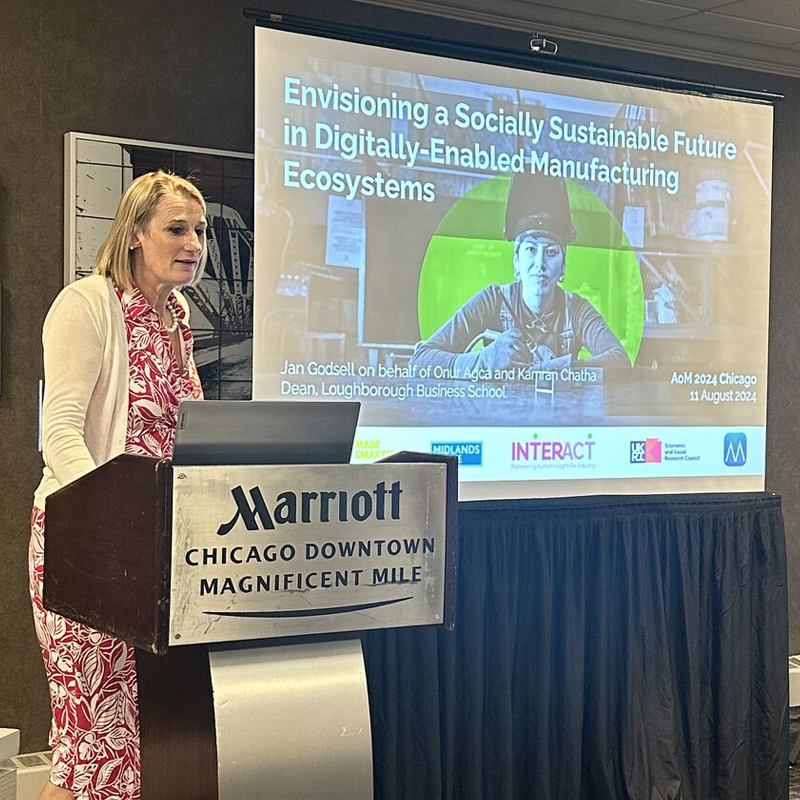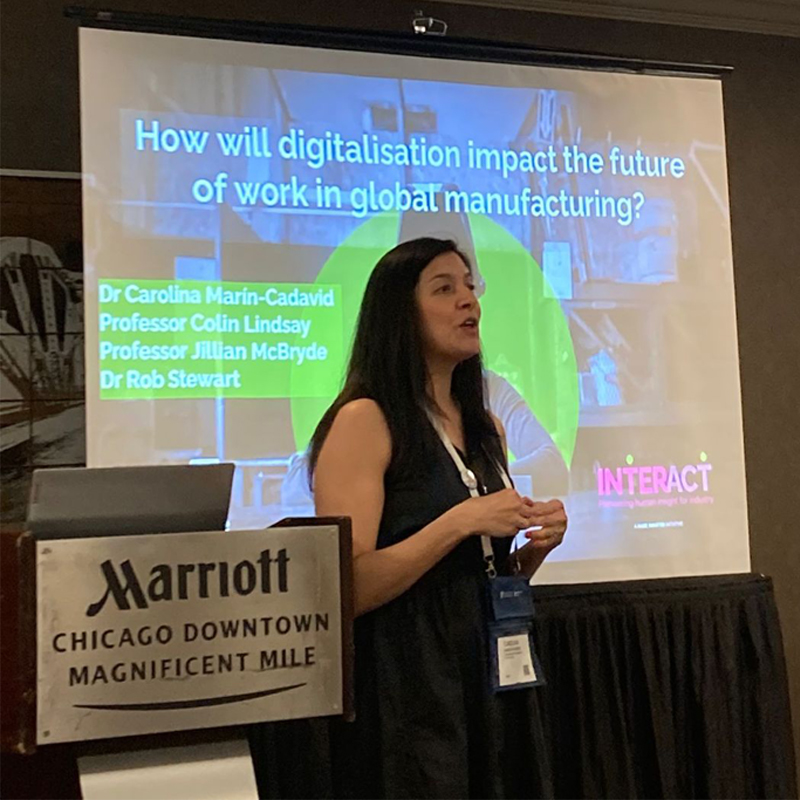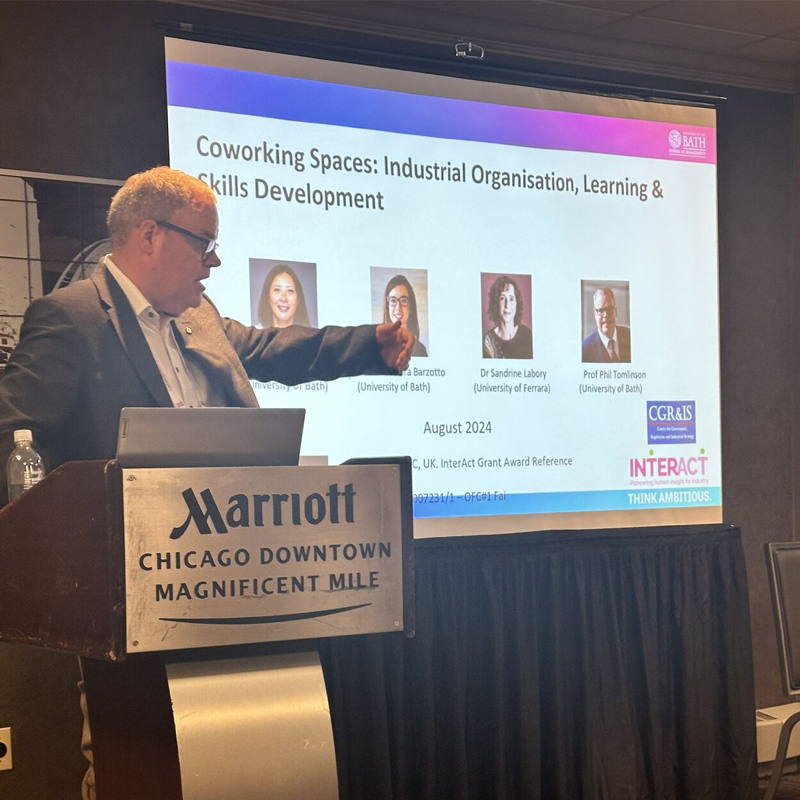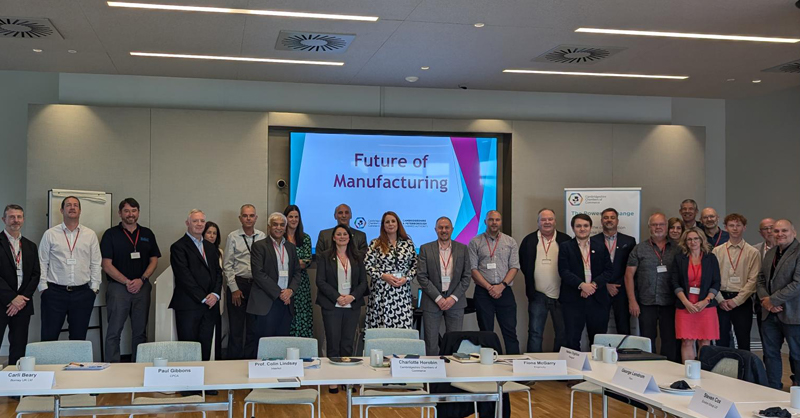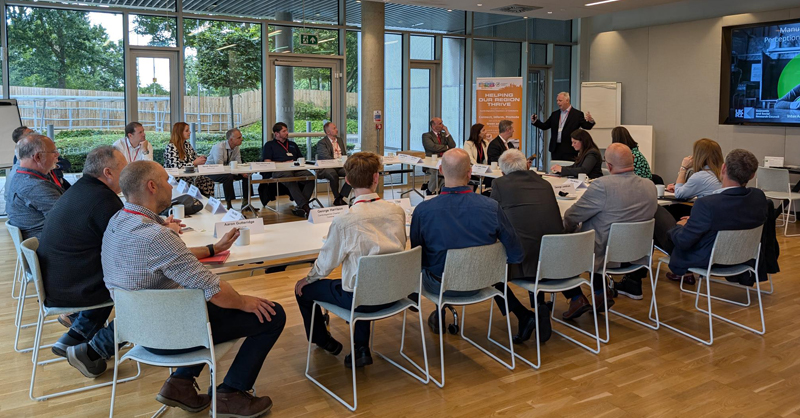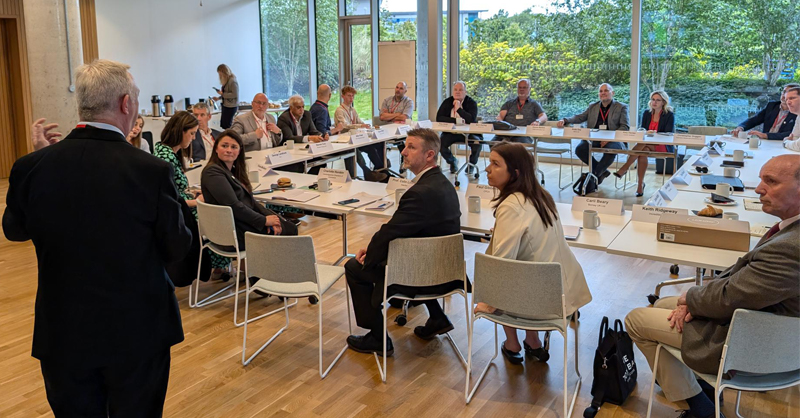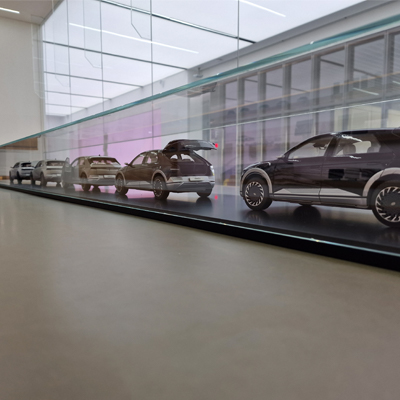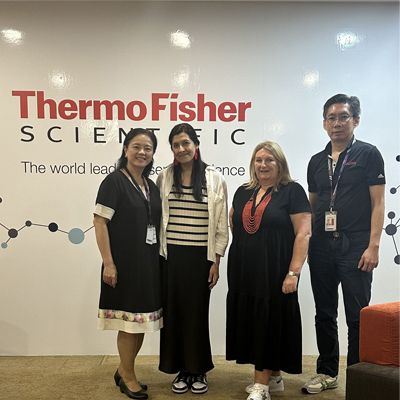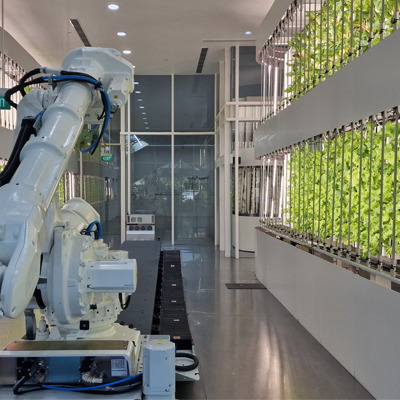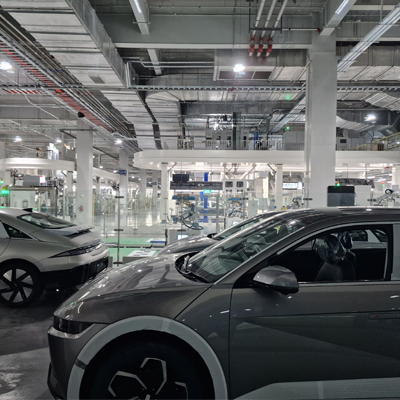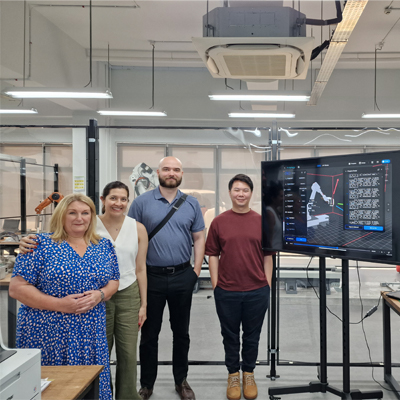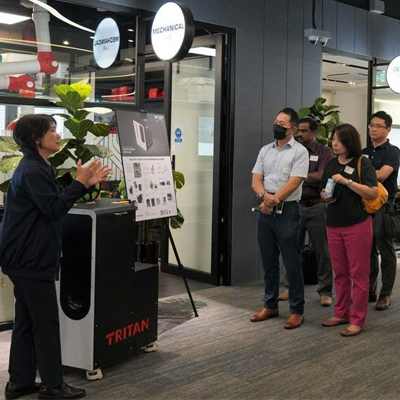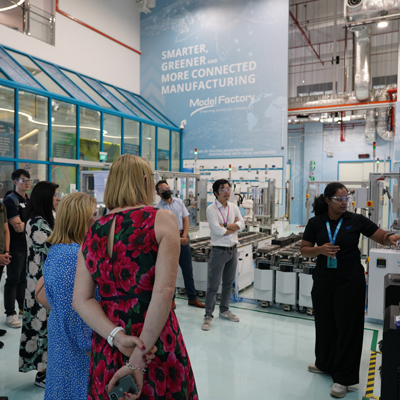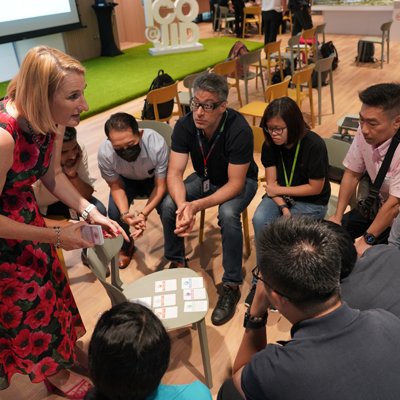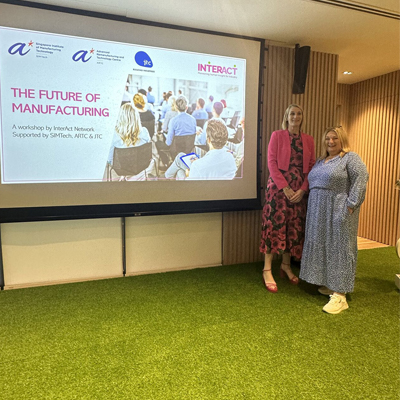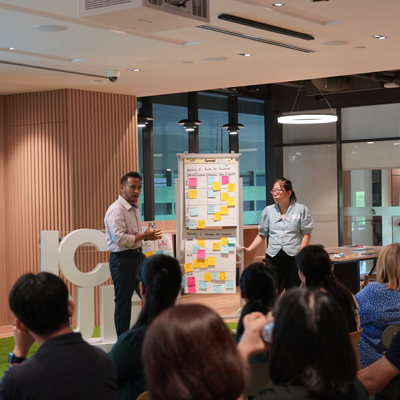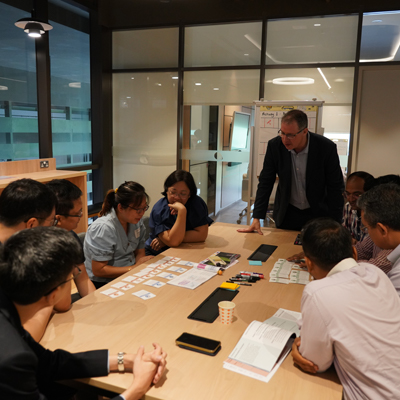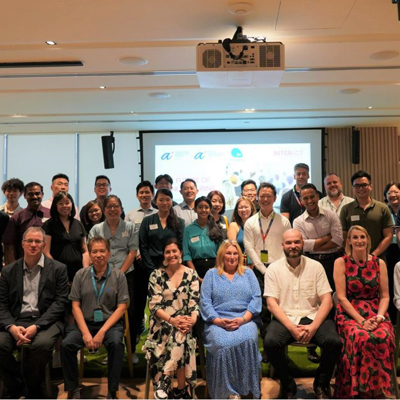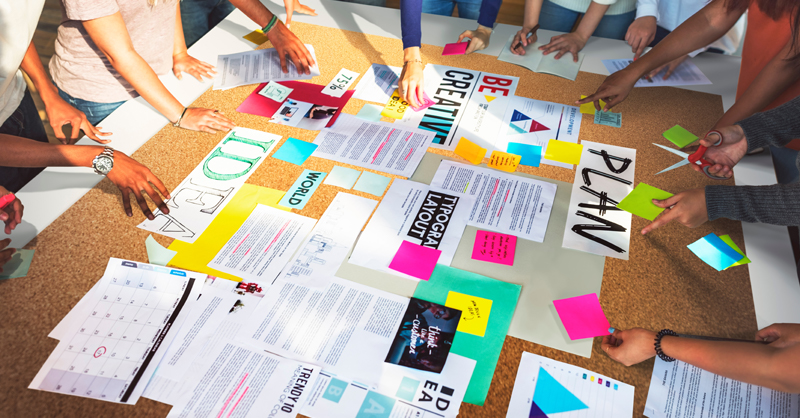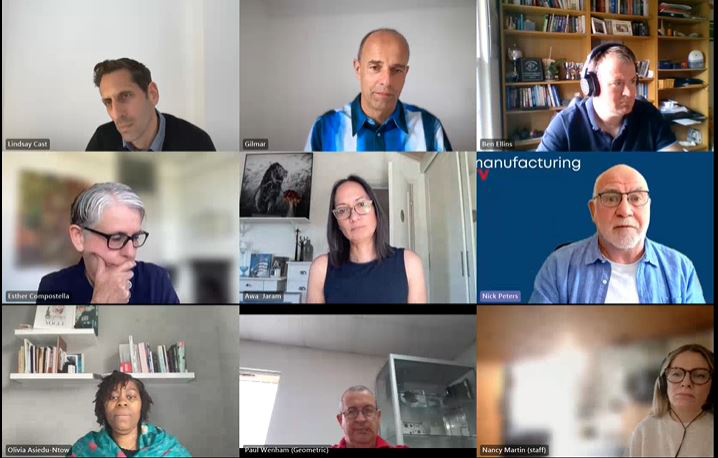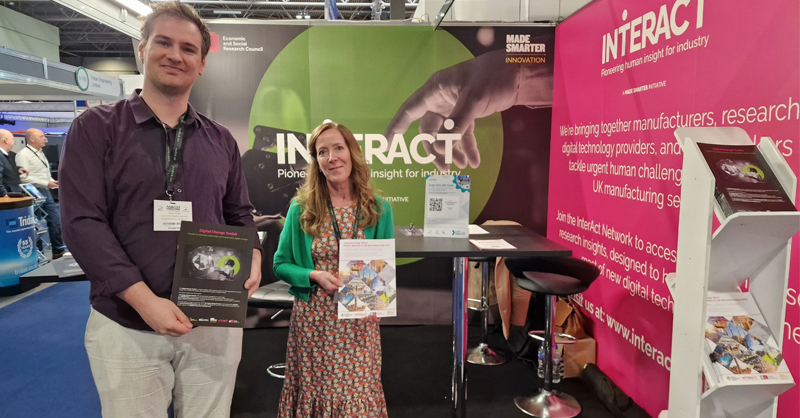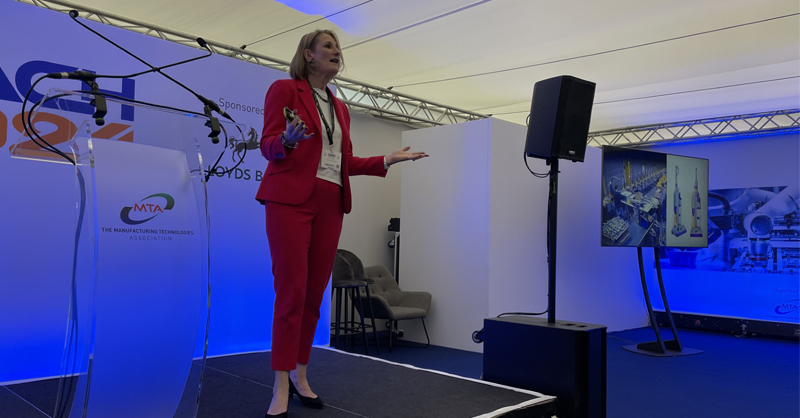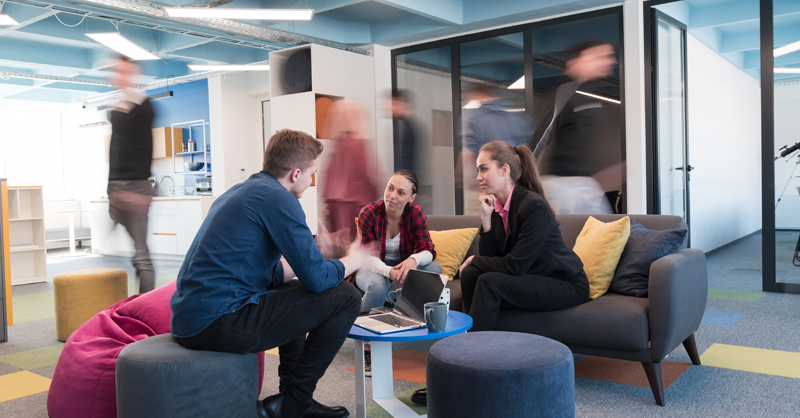Robert Stewart, Jill MacBryde, Colin Lindsay, Carolina Marin Cadavid (University of Strathclyde) & Will Blackshaw (InterAct Network)
The InterAct Network ‘Future of Work’ team has recently completed analysis of a survey of over 2000 people drawn from across the UK to provide insights into their perceptions of the manufacturing sector and jobs.
We hear much about the ongoing ‘war for talent’ in manufacturing and concerns that the older industrial legacy of manufacturing makes it less attractive to jobseekers. In this sense, the emergence of new technologies present both a challenge and an opportunity for employers to positively reshape jobs, careers, and address negative sector imagery through better job quality. Improving job quality in the post-Covid labour market should help manufacturers better compete for emerging Gen Z talent and extend their reach into under-represented groups such as women and minorities.
In the ‘war for talent’ perceptions matter because they provide a snapshot of public opinion about the attraction of working in manufacturing for different groups. They may not measure up against ‘reality’, they may be ‘misinformed’ but ultimately this may not matter to many in our sample. However, if you are looking to attract people into your sector, ignore them at your peril.
Our results confirmed some of the usual suspects but also threw up some surprising and interesting findings that we hope will be useful to employers and industry stakeholders.
People still value manufacturing but visibility is lacking
People still attach a high value to the manufacturing sector, describing it as ‘essential’ for the supply of goods, innovation, prosperity, industrial reputation, living standards, national security, and as a source of local jobs. While most feel positive about manufacturing as an important part of the UK economy, our study identified a weakness in terms of the sectors wider media reach and visibility: less than a third said they saw anything about manufacturing over the past year.
Images of manufacturing work are putting people off
Manufacturing is seen as creative blue-collar work with (on the balance of opinion) poor pay for inflexibile, low status jobs in an old-fashioned sector. On a positive note, of course, manufacturing does mean different things to different people. Gen Z plug into the creative and innovative side of the sector, think pay and security are more likely to be good. The problem for them (and women) is they mainly associate work in the sector with ‘boring old industry’ and think that young people are less aware of digital careers in manufacturing. This latter finding is similar to those more familiar with manufacturing work (workers) but they think of the sector as modern with very reasonable amounts of quality in jobs. One of the questions, this raises for us is how does the sector translate some of these positive insider images (creative purposeful work with career opportunities) to a wider ‘uninformed’ audience? Rightly or wrongly, nearly a fifth of our sample associate manufacturing with poorly paid work.
Does job quality matter in manufacturing?
The short answer is that job quality (whether we express that in terms of ‘good jobs’ or ‘fair work’) tells us what people are looking for in work, including manufacturing. Good job quality is essential for attracting new talent and retaining skilled workers. In our sample, quality is largely driven by pay, wellbeing and flexibility, a desire for clean and safe working environments, contractual security and stability, and employee voice. Gen Z have a strong desire for ‘employee voice’ (where their opinions are heard and valued), whilst women have a strong preference for employers offering wellbeing and flexibility practices.
The good news? Job quality for those people in the sample who currently work in manufacturing looks reasonably satisfactory. Over three-fifths of workers identify manufacturing work as purposeful, delivering reasonable levels of contractual stability, career development, EDI, and safe work. Interestingly, this still means that a significant number of workers don’t rate manufacturing jobs as purposeful and, also jobs appear to be slightly ‘weaker’ on pay, wellbeing (and flexibility), and employee voice. There are some good messages on job quality to sell the sector to ‘outsiders’ but more work to be done in reaching, telling, and convincing people, about the benefits and upsides of working in UK manufacturing.
The digital future looks bright but hold back on the shades
Most people think that tomorrow’s manufacturing jobs will be more advanced and hi-tech wit less environmental waste. Although people think that increased leadership diversity will fuel more innovation, over a third are sceptical about whether there really will be more representation from women and minorities in the future.
People have concerns about the destruction of jobs in manufacturing
We hear plenty about people using new technology (especially AI and robotics) to autopilot or co-pilot work and how new manufacturing technologies will continue to replace the ‘dull, dirty and repetitive’ manual tasks. In practice, the technological future will likely be the same old melting pot mix of greater creativity, augmentation, and job destruction. On a positive note, most people think that new technologies will augment (and co-pilot) tasks and people’s skills – upskilling not downskilling – and make jobs more interesting and rewarding for workers. Less reassuring is that just over a quarter think that they will have a destructive impact on the numbers of jobs in the sector. The link between new technologies and their impacts on jobs is a divisive and uncertain issue, with potentially negative implications for attracting talent, workers job stability and security that must be addressed by businesses. It is not surprising that those in the lowest socio-economic groups (those most at risk from job elimination) think more negatively about the impact of new technologies in future manufacturing.
Attracting future talent means more good people practice
Gen Z are the most optimistic about manufacturing jobs of the future. To harness that optimism how should employers’ best harness that potential and attract more digital talent into the sector, particularly from digitally ‘native’ younger generations and from groups such as women and minorities? The largest positive factor for attracting young digital talent and women concerns the promotion of wellbeing and flexibility practices. Young people are perceived as less ‘threatened’ by digital technologies, linked with greater innovation potential but thought to be less aware of digital careers in manufacturing workspaces. There is also a recognition that manufacturing employers may need to refresh their practices to attract more women and minorities into jobs. Working practices and environments need to adapt to become more inclusive.
What does it all mean?
There are some key messages for employers and industry stakeholders from our survey:
- Keep talking up the value of your sector, people know you are essential and valuable, but the media reach and messaging of the sector isn’t reflecting that effectively.
- Legacy images of old-fashioned manufacturing work impact negatively on how people look at jobs and careers in the sector. Although job quality is reasonable for many manufacturing workers, more needs to be done selling this message outside the sector to hard-to-reach groups such as women and minorities.
- People anticipate that new technologies will improve the quality of future manufacturing jobs but have concerns about job destruction and its likely impact on opportunities and job security.
- Going forward, attracting new talent will mean employers making greater investments in positive people practices in areas such as well-being, flexible working and inclusive workspaces.
